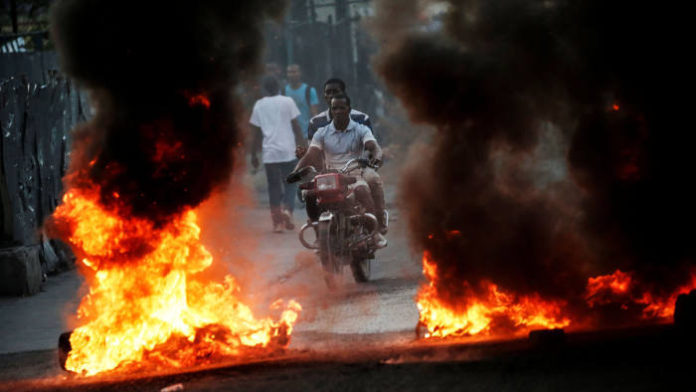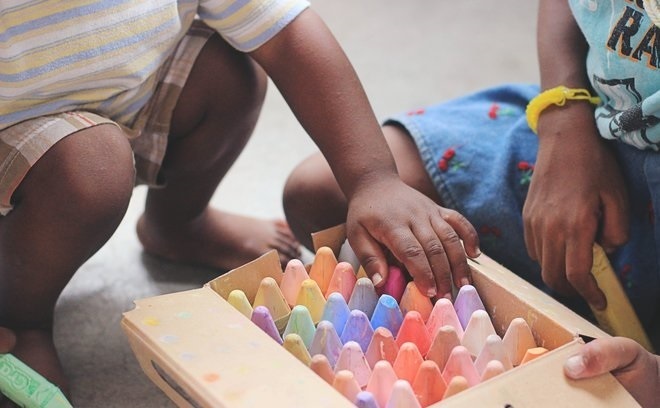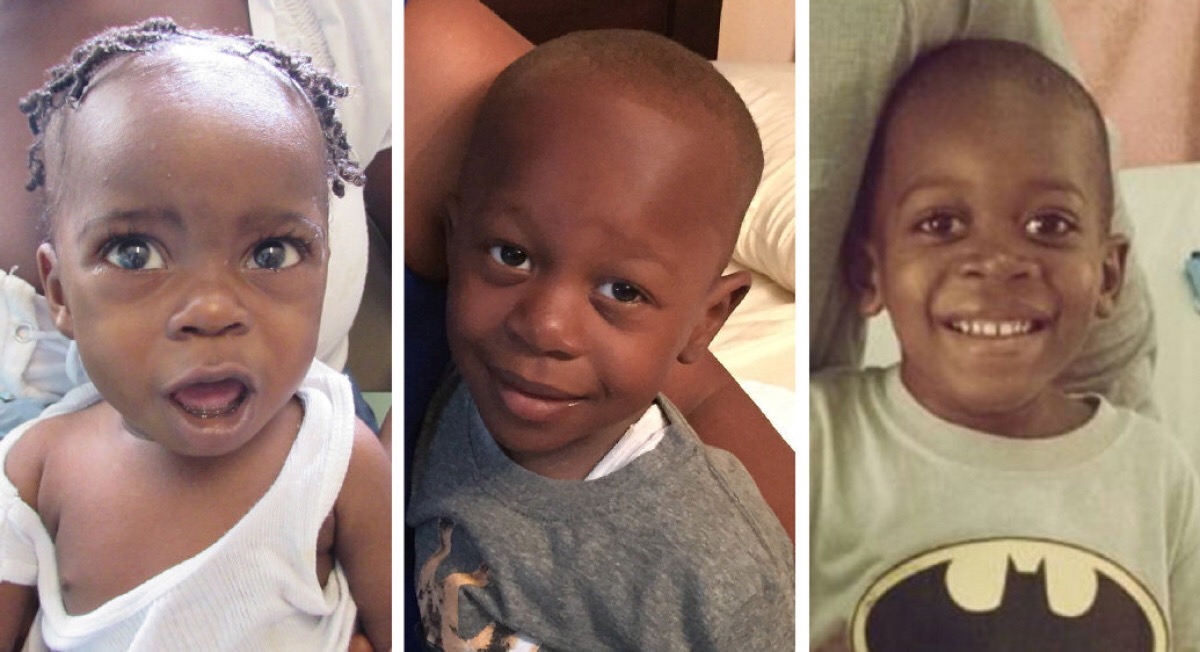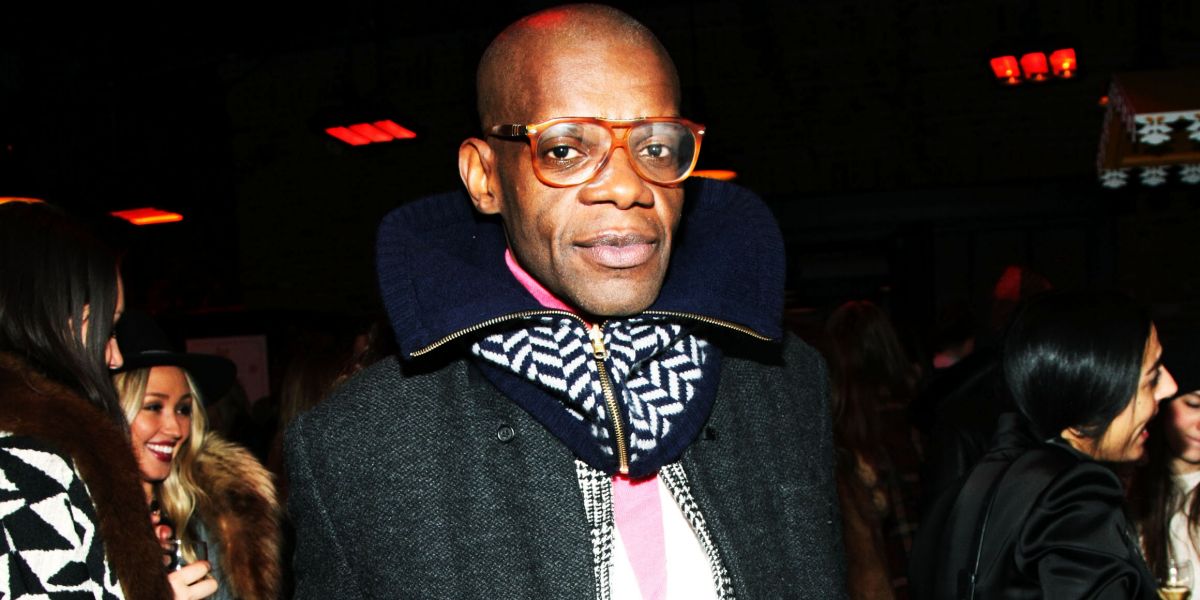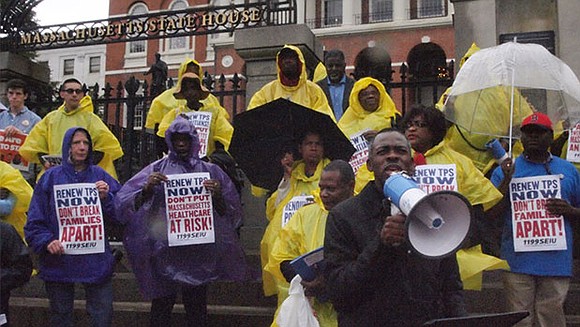Jovenel Moïse tells FT he is pushing for constitutional changes amid popular anger
Scrawled in Creole on the walls of Port-au-Prince are the words: “Kot Kòb Petwo Karibe a?” — “Where is the PetroCaribe money?” It is a question posed by the protesters who have been trying to oust Haitian President Jovenel Moïse for the past year.
PetroCaribe, set up in 2005 by then-Venezuelan president Hugo Chávez, allowed Caribbean nations to buy Venezuelan oil on favourable terms. The countries were supposed to use the money they saved to improve infrastructure, but more than a decade later Haiti has little to show for it.
Last year, Haiti’s court of auditors reported that officials mismanaged up to $2bn of PetroCaribe cash and that a company managed by Mr Moïse was involved in a questionable road-building scheme. A new report is due within weeks.
In his modest, rented residence in the hills above Port-au-Prince, Mr Moïse, a 51-year-old businessman who made his name as a banana farmer, denied all charges of corruption.
“I was president of a company and that company had a contract with the state,” he told the Financial Times, seated in front of the blue-and-red Haitian flag. “You’re here in Haiti, go and see it if you like. You’ll see there’s a road and it’s 80 per cent built.”
The protests began in 2018 after Haitian film-maker and activist Gilbert Mirambeau tweeted a photograph of himself, blindfolded, holding a sign with the question “Kot Kòb Petwo Karibe a?”
Mr Mirambeau’s tweet went viral and helped spark a movement of self-styled “Petro-Challengers”. They have posted photographs online of the empty shells of buildings they say should have been completed with PetroCaribe savings.
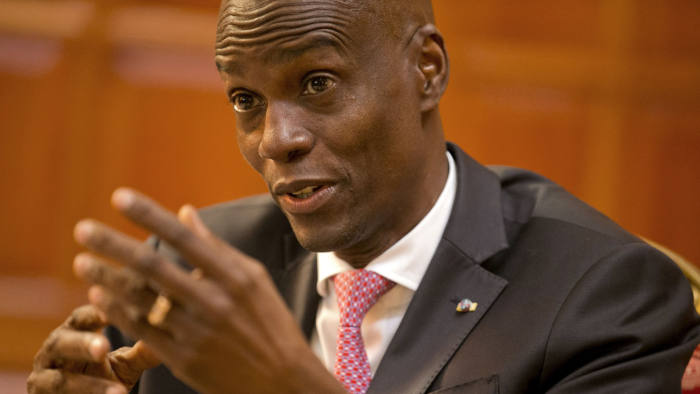
The protests against Mr Moïse’s rule came to a head late last year. Between October and December, Port-au-Prince was in lockdown. Thousands took to the streets, angry not only at the corruption allegations but also spiralling inflation and dire public services. More than 40 people were killed in clashes between demonstrators and the police. “The security forces under the command of President Jovenel Moïse have used excessive force,” Amnesty International concluded.
Since then the city has been calmer but armed gangs roam poor neighbourhoods and locals say kidnapping is on the rise.
“People are afraid,” said Nixon Salomon, a motorcycle taxi-rider waiting for customers in the Carrefour Feuilles area of the city. “They only travel if they have to. You never know when someone is going to pull a gun and shoot you. I’ve already had one motorbike stolen. The situation is really unstable.”
Mr Moïse has responded by calling for a new constitution that will give the presidency more power. That, he said, would halt the constant bickering between the executive and the legislature and allow government to get things done.
But in Haiti, with a history of dictatorship, such talk sets off alarm bells. Mr Moïse’s critics point out that parliamentary elections scheduled for last October were scrapped and congress is no longer sitting. Mr Moïse is ruling by executive order.
The president blamed this on the opposition who had failed to turn up for a crucial vote on a new electoral law. He said the closure of parliament was proof of Haiti’s broken political system rather than his thirst for power, and was nothing new.
“Five!” he said, holding up the palm of his hand, his fingers and thumb splayed. “I’m the fifth president of Haiti to rule without a parliament,” he explained, listing his recent predecessors — Jean-Bertrand Aristide, René Préval, Boniface Alexandre and Michel Martelly. “This suggests we have a problem.”
He said a new constitution would solve that problem and could be drafted quickly. The last one was written in less than five months. Once done, he would put the charter to a referendum, he said. Only then would he call fresh congressional elections and consider stepping down.
“This is not about abolishing parliamentary power,” Mr Moïse said, insisting he would not seek a second term beyond 2022. “It’s about rebalancing power.” Asked when new congressional elections might be held, he said: “I can’t give an exact date but the idea is to do it as soon as possible.”
Political instability in Haiti has been a constant refrain since at least the 1980s and arguably since independence from France in 1804, when it became the first country in the Caribbean to break free of colonial rule and only the second in the hemisphere — after the US — to declare itself a republic.
For nearly 30 years until 1986 it was ruled by father-and-son dictators — “Papa Doc” and “Baby Doc” Duvalier. Since then, it has been rocked by coups, US intervention, hurricanes, a cholera outbreak and the devastating earthquake of 2010.
Even by those standards, the current situation is bad and this time largely man-made. “The political crisis and the social unrest are having consequences,” said Antoine Vallas, of the World Food Programme in Port-au-Prince. “They’re making people more vulnerable.”
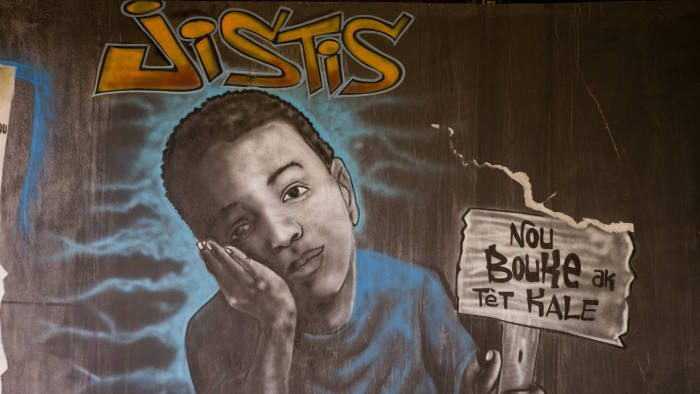
The World Bank says 60 per cent of Haiti’s 11.1m population lives below the poverty line on less than $2.41 per day. The currency, the gourde, depreciated 30 per cent in 2019, inflation is nearly 20 per cent and the economy is stagnant. “We’re seeing dramatic levels of hunger,” Mr Vallas said. “Almost 4m people don’t have enough to eat and of those, about 1m are facing severe hunger and need urgent humanitarian assistance.”
For the Petro-Challengers, these are the consequences of years of mismanagement and corruption. They want Mr Moïse to quit and state officials to be brought to trial.
“He should resign. He has so clearly been involved in corruption,” said Emmanuela Douyon, an activist and head of Policité, a new Haitian think-tank. “We’ve had presidents before him. We’ll have presidents after him. He won’t be missed.”
For many ordinary Haitians, constitutional reform seems a world away from their day-to-day reality of crime, poverty, blackouts and water shortages.
“It’s all just talk,” said Jaqueline Joseph, a 32-year-old mother, as she sold second-hand clothes from a pavement in Port-au-Prince. “I have no faith in politicians any more. The only thing they’re interested in is themselves.”




























![Phyllisia Ross – KONSA [Official Music Video]](https://haitiville.com/wp-content/uploads/2014/08/phyliisia.jpg)
